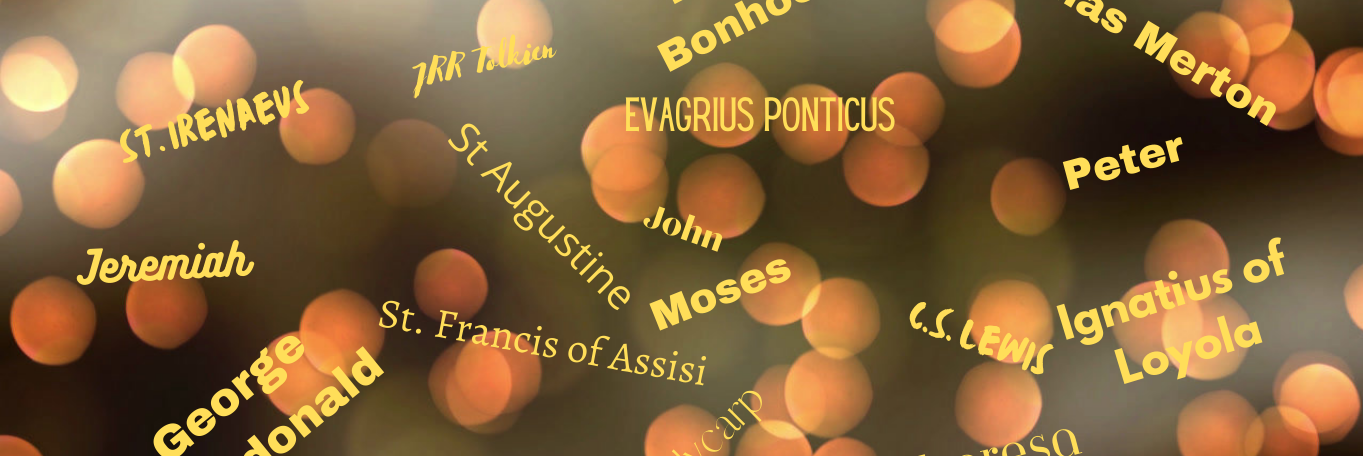A life outside of God’s will for our lives is vanity and futility. God is working on our behalf and we have to align our steps with His.
Psalm 127
Nisi Dominus
1 Unless the Lord builds the house, *
their labor is in vain who build it.
2 Unless the Lord watches over the city, *
in vain the watchman keeps his vigil.
3 It is in vain that you rise so early and go to bed so late; *
vain, too, to eat the bread of toil,
for he gives to his beloved sleep.
4 Children are a heritage from the Lord, *
and the fruit of the womb is a gift.
5 Like arrows in the hand of a warrior *
are the children of one’s youth.
6 Happy is the man who has his quiver full of them! *
he shall not be put to shame
when he contends with his enemies in the gate.
This psalm reflects ideas similar to those in Ecclesiastes, highlighting the vanity and futility that often fill our lives as we pour time and energy into building and protecting our achievements. Sometimes, we believe that by praying or “Christianizing” our lives, we can compel the Lord to build our houses and guard our cities. But is that truly the message this psalm wants us to understand?
It then seems to make this break into talking about how our image and status is found in raising a big family. But again it is making it clear that this is not from us but “a heritage form the Lord…a gift”.
I find myself wondering: are we meant to simply accept that God chooses to bless some people and not others? To build houses for a few but not for everyone? To protect certain individuals while leaving others to wish for the same? My own life experiences naturally lead me to these questions as I read this psalm, influenced by my distinctly 21st-century American perspective.
This passage may be suggesting that “vanity” here refers to where we place our hope and trust. Jesus cautions us about the risks of working solely for worldly gains. It’s not the act of building, protecting, or working hard itself that’s the issue—those activities can be enjoyable and even fulfilling. After all, we have to do something with our “days under the sun.” Proverbs reminds us that in everything we pursue, we have a choice: to act with wisdom or to act foolishly.
When we remember that wisdom begins with fearing the Lord, we’re able to begin in the right place. Fearing the Lord means recognizing how self-destructive our own will can be, leading us to defer to God’s will instead. This “fear” is really an awareness of how easily life can unravel when we ignore God’s guidance. Living wisely, then, is choosing to follow God’s will over our own—something that’s much easier said than done!
This psalm reminds us that the belief in controlling our own destinies is an illusion—a lie! Our only true choice is whether we submit to God’s will and provision or, in vain, attempt to forge our own path. This message is universal, transcending age, status, and culture. It reminds us that our careers, our homes, our families, and even the nation we live in aren’t ultimately ours to control. Behind it all is the steady goodness of God, and a lack of trust in that leads to a life of futility.
So it is not telling us that we better be asking God to build our house or he won’t do it. Or if we are not praying for God to protect our nation, then God won’t do it. Do we really think that we serve a God that small? A God that only acts on our commands? A God that is ignoring us and it is up to us to get his attention? That’s absurd.
Perhaps the message of this psalm is that God’s goodness is always present in our lives but to seek our own will is to live our lives in vain.
